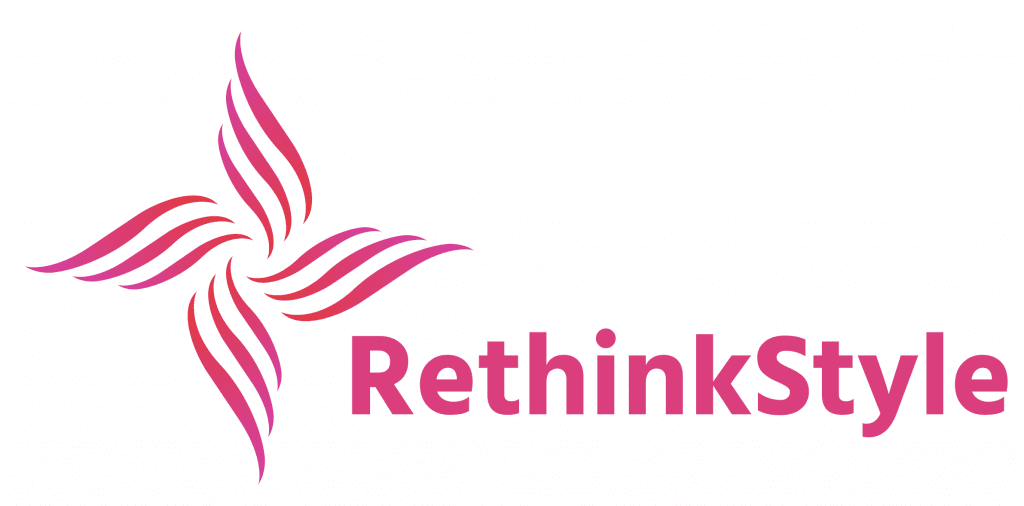What do you think of when you hear the term “luxury brand” – is it Gucci, Armani, Balenciaga, and Prada? How about Tiffany, Bata, and Louis Vuitton? Well, all of these are bound to cross your mind once you hear the term “luxury brand.”
Essentially, these are nothing but brand labels that have become extremely popular, and we have become used to them due to the mastermind psychology behind them.

Here are some commonplace features of luxury fashion brands:
– Expensive luxury items.
– High-quality items that last long.
– Items that are sold by brands are backed by a widely popular logo – a label that defines the product.
– Very limited distribution.
Nevertheless, it is essential to note here that the most enticing aspect of luxury brands is their reputation. That is the logo and label that these brands are known for. Notice that every brand has a specified logo with a deep contextual meaning behind it.
For instance, if you think of an iPhone, the logo (the bitten apple) will hit your mind right away. Of course, there is a contextual meaning to the bitten apple. But the label is so deep-rooted in our minds that whenever we hear the term iPhone, our minds visualize the picture of the bitten apple.

So, when customers go shopping, they look for the brand and the logo. For instance, a girl buying a bag will often be inclined toward Gucci bags. Why? Of course, quality is the first concern of the buyer. But the most vivid factor is the brand and the logo of Gucci. Thus, if you look at the essence of brands, you will figure out that all luxury brands are in our minds and hearts first. In turn, they win our money. And there is mastermind psychology behind it.
Another essential component of brands is limited accessibility. That is, high-quality products of brands are not easily accessible. They have limited production and limited distribution. Thus, the demand for these items is very high in the market. And the higher the demand, the higher the price and the more popular the brand.

Take Zara, the leading attractive merchandise seller, which has countless outlets worldwide. Wherever you go, you will find a Zara store easily accessible to you. And if you look at the overall performance of Zara, it is way behind in popularity – compared to Gucci, Tiffany, and Prada.
Nonetheless, it is pertinent to note here that all brands follow the same psychology. Be it auto manufacturers or eateries; all brands work based on the label and logo. Customers look for these ‘tags’ that they are driven by. These tags also denote that the brand is driven by a specific objective. And it is this objective that makes these brands stand out in the market.




